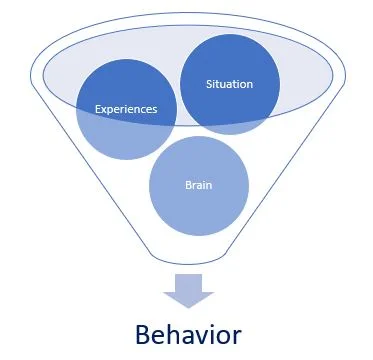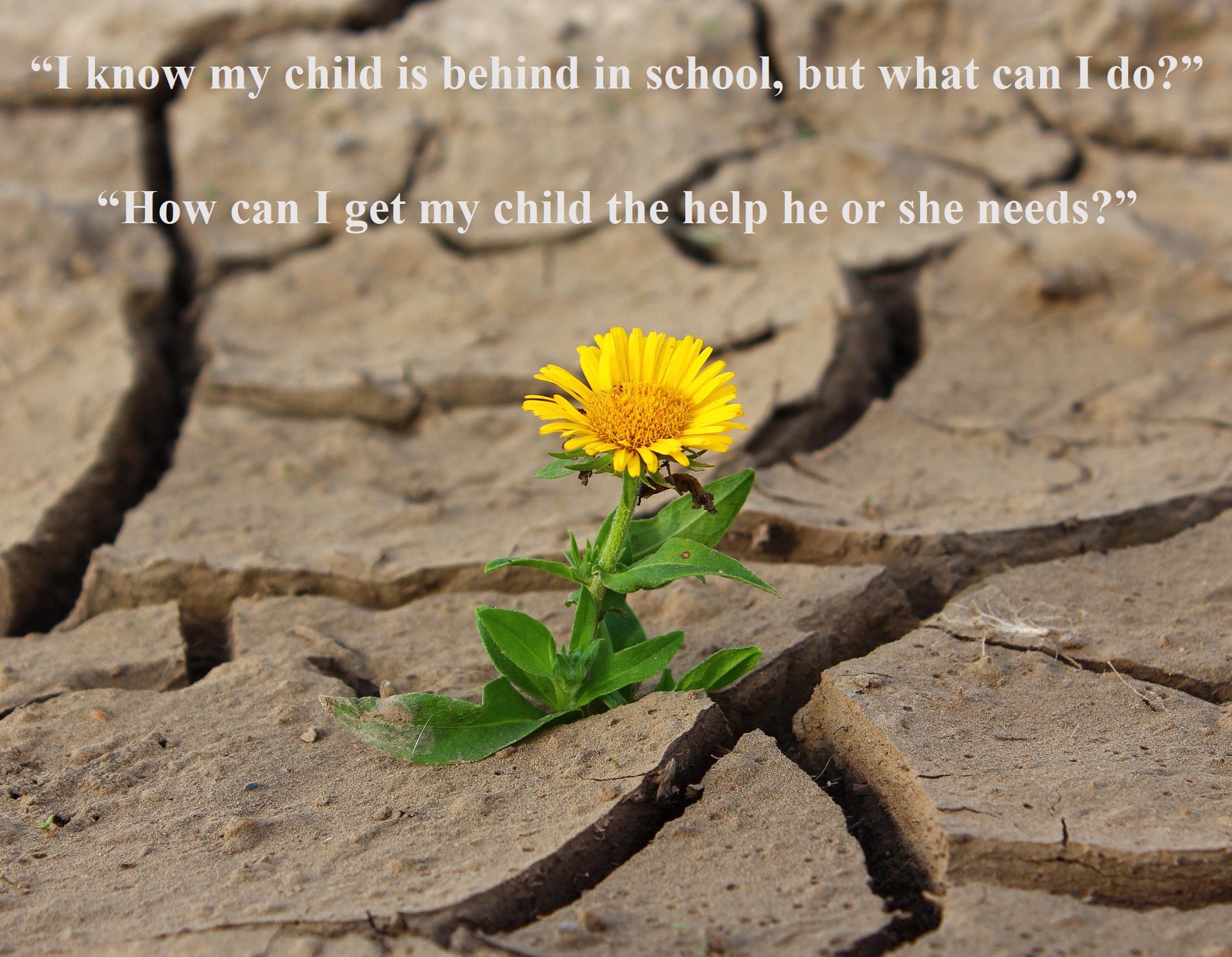Many parents tell me they feel their child has fallen through the cracks or gotten lost in the shuffle, and they just don’t know what to do.
Here are a few helpful steps to take if this is you, with further descriptions of each below. And if you feel like you just want some professional help now, please feel free to reach out to us at insightneuropsych.com.
1. Be Involved. You can’t know what you don’t know.
Ask questions. Email or call your child’s teacher(s) and/or administrator (contact information should be available on all school websites) to see how your child is doing. Do they have concerns about your child’s academic, behavioral, or emotional progress?
Review work and online grade books. Most schools have online ways for you to monitor your child’s work and grades. Ask for explanations about assignments you don’t know about or understand. Have teachers show you work samples of what your child has submitted as well as an exemplary example of the assignment to compare with. Be in the know of what your child is doing at school.
2. Make it a team effort. If you have concerns about your child’s social, emotional, behavioral, and/or academic progress at school, you can request a Student Success Team (SST) meeting.
Nearly all schools have SST meetings, or a similar process, to meet and discuss concerns about students. Anyone can request an SST meeting.
The meeting is intended to be a safe place to create a plan of action to support a student’s strengths and needs. This is a perfect forum for all the important stakeholders in your child’s education to come together and problem solve what is going on. This is also the perfect place for you to ask any and all further questions you may have of the team.
The meeting typically involves your child’s teacher(s), an administrator, the school psychologist, a school counselor, a special education teacher, and/or you and your child.
If you feel like you have been trying this teach approach and just want some professional help now, feel free to reach out. We are always happy to you and help problem-solve your child’s unique situation.
3. Special Education as a Last Resort. A SST may discuss the possibility of conducting a special education evaluation to determine if your child meets criteria of a student with a disability and requires special education supports and services to benefit from school. If your child is enrolled in private school, then your local public school would conduct the evaluation (this requires further steps to be taken).
Although there is a spectrum of special education supports and services, there should also be options in general education to support your child’s needs before going down the path of labeling your child as having disability.
Ask about ALL the supports available to students at the school. Ultimately your parental consent is required in order for the school to conduct a special education evaluation. You may also choose to request the school conduct an evaluation; the request must be submitted to the school in writing.
Interested in Learning More, or want an Assessment or Advocacy Services for your Child?
At Insight Neuropsychology we provide personalized assessment and treatment services to promote cognitive health and well-being. We help you learn about how your child’s brain is functioning and how their environment is affecting them, as INSIGHT is the first step in improving your mental functions.









